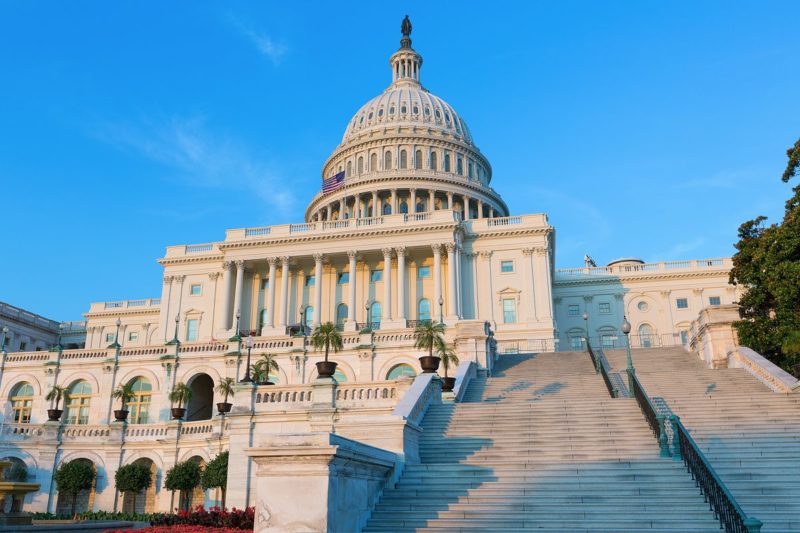Zika Funding Delay Risks Reproductive Health—and Lawmakers’ Jobs
Fifty-nine percent of voters in battleground states would likely withdraw support should their member of Congress vote to restrict funding for reproductive health care amid the escalating crisis, according to a new NARAL Pro-Choice America poll.

Congressional lawmakers prolonging a long-overdue aid package to combat the Zika virus may find their jobs at stake, according to a new NARAL Pro-Choice America poll.
NARAL’s poll found that 85 percent of voters in battleground states want the U.S. Congress to pass Zika funding complete with support for reproductive health-care clinics. “There is wide support across party identification—Democrats, Republicans, and Independents—and in every battleground state,” the reproductive advocacy organization said in a press release.
A smaller majority of battleground voters—59 percent—would likely withdraw support should their member of Congress vote to restrict funding for reproductive health care amid the escalating crisis, the poll found. Another 64 percent would do the same if their member believes pregnant people infected with Zika, which causes microcephaly and other severe fetal brain defects, should not have access to abortion care.
The poll comes amid ongoing negotiations to include Zika funding in a stopgap budget measure known as a continuing resolution (CR), which both the U.S. House of Representatives and U.S. Senate must pass by September 30 in order to avoid a government shutdown. Senate Majority Leader Mitch McConnell (R-KY) earlier this week committed to including the funding in the CR.
“I think we’re making good progress towards resolving all of the moving parts,” McConnell told reporters Tuesday during his weekly press availability. “And ultimately, we’ll move a CR that addresses Zika and other matters.”
McConnell did not provide an update about how Republicans would resolve the fight over Planned Parenthood—shorthand for contraception restrictions that would prevent outside groups, including Profamilias, the Puerto Rico partner of the International Planned Parenthood Federation, from providing such services to help contain the spread of a virus that can be sexually transmitted. Republican Sens. Marco Rubio (FL) and Roy Blunt (MO) reportedly told the Miami Herald that Republicans might have to concede to reach a deal, even as Rubio continues to oppose abortion care for pregnant people who contract Zika.
Though McConnell last week indicated that he was open to dropping the restrictions, House Speaker Paul Ryan (R-WI) appeared to dig in on behalf of the ultra-conservative Freedom Caucus.
“We’ll let you know how we work out these various sub-parts when we do,” McConnell said Tuesday.
McConnell, Ryan, and their Democratic counterparts, Senate Minority Leader Harry Reid (NV) and House Minority Leader Nancy Pelosi (CA), discussed Zika funding Monday with President Obama at the White House.
Obama said his number one priority is to “make sure that the government stays open,” according to a White House pool report. His number two priority: “To adequately fund our efforts to not only deal with the Zika outbreaks but also come up with diagnostic tools and vaccines that will solve the problem for good.”
Earlier in the day, White House spokesperson Josh Earnest suggested that anything less than the $1.9 billion Obama requested in February would be unacceptable to the administration, even without the contraception restrictions. The House-passed, Senate-stalled Zika package rings in $1.1 billion.
“This is a funding proposal that was developed by the nation’s public health experts who itemized exactly what they believed was necessary to do everything possible to prevent the Zika virus from harming the American people. Congress has not acted on that funding request, and it’s quite unfortunate,” Earnest said. “So the President is, once again, going to make the case that that’s exactly what Republicans in Congress should do.”
How Republicans respond, Earnest continued, remains an “open question.”
“The American people would be fortunate to just have you and me negotiate this out, but unfortunately they’re stuck with Mitch McConnell and Paul Ryan being responsible for this,” he said in response to a reporter’s follow-up. “So hopefully they’ll step up to the plate and do their job.”

